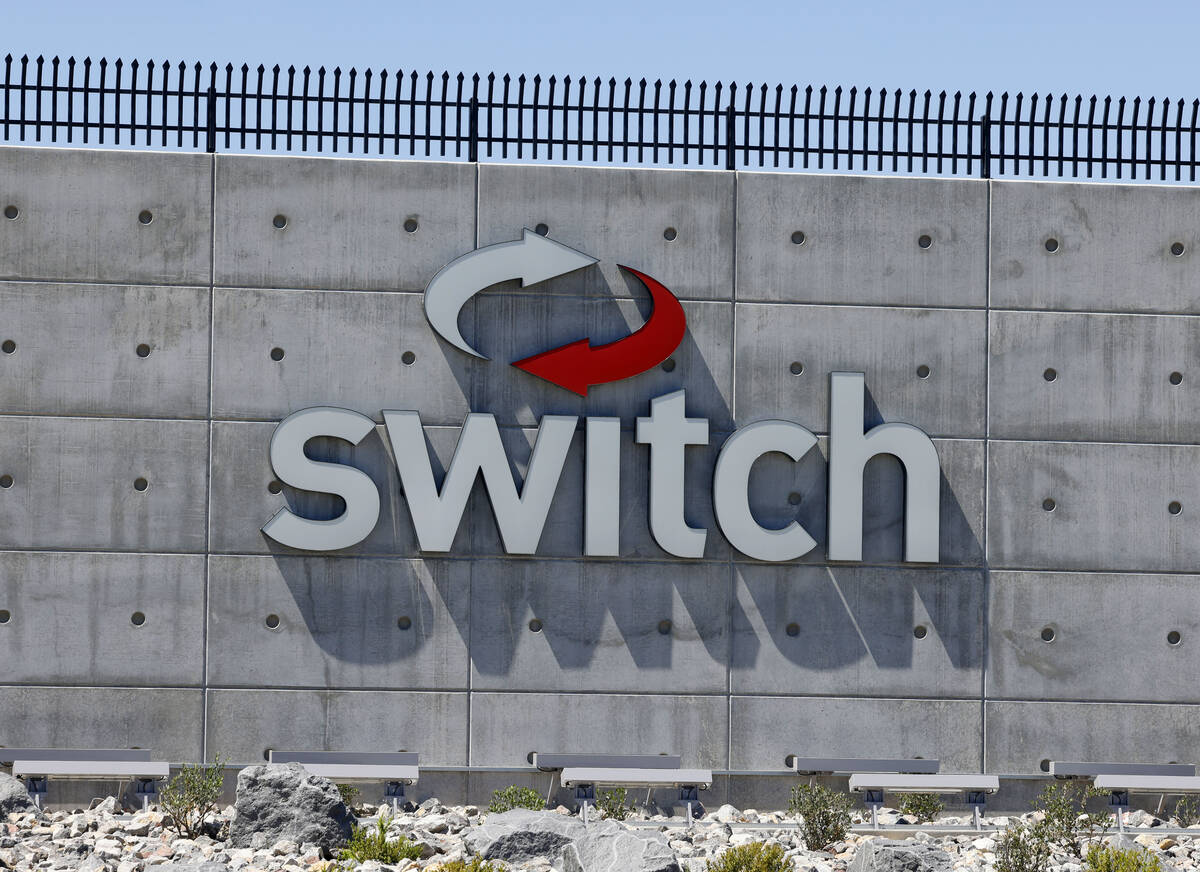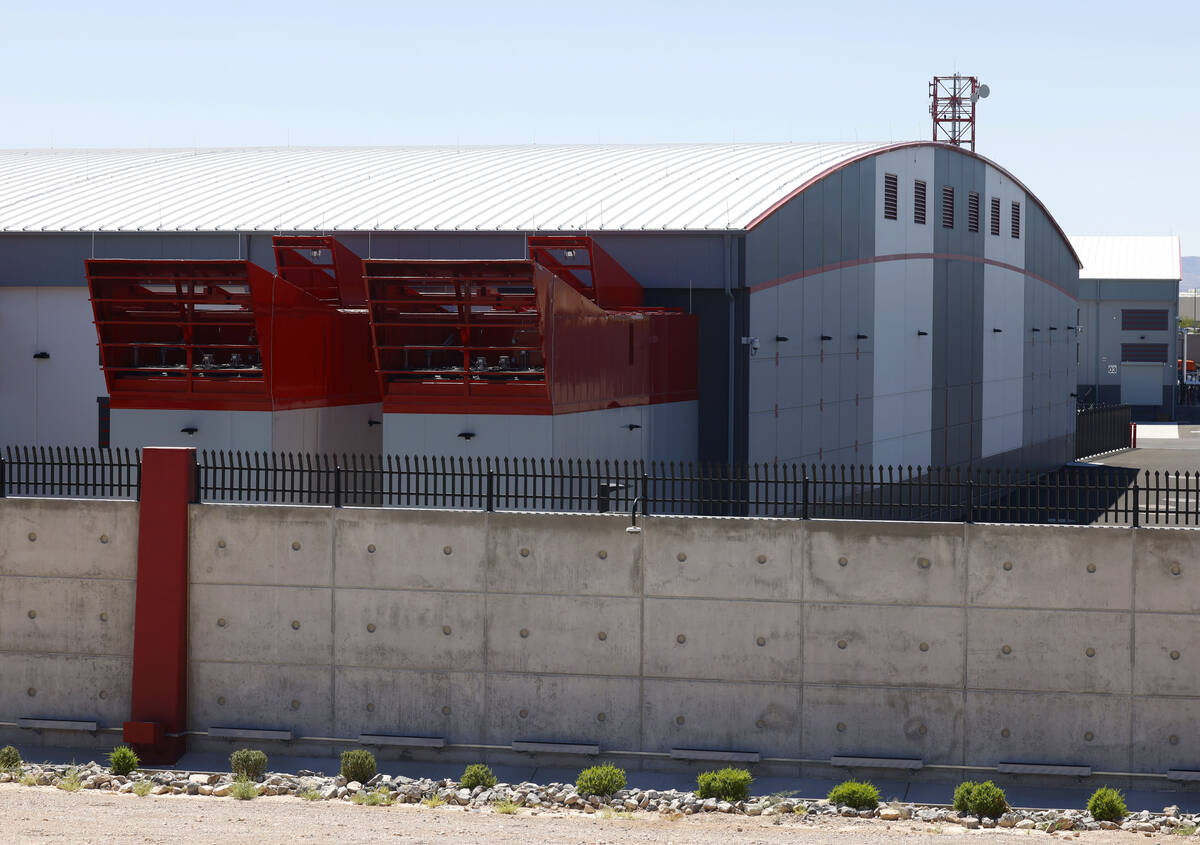Las Vegas-based data-center owner borrows more money to fund its growth
Las Vegas data-center owner Switch has borrowed more money to fuel its expansion amid an all-but insatiable need for digital storage space.
Switch announced this week that it raised nearly $659 million through a bond sale. The company said it would use the proceeds to fund its growth strategy, including ongoing development at its data-center campuses in Las Vegas and other locations around the country.
It raised the money through so-called asset-backed securities and said it had now borrowed around $3.5 billion through this type of financing since last year.
This past summer, Switch announced an expansion of its borrowing base and revolving credit lines to $10 billion, saying it had now raised $20 billion since 2024 through “sustainable financing structures,” including so-called green loans and green bonds.
In general, sustainable finance refers to debt funding for investments tied to environmental, social or governance initiatives, according to law firm DLA Piper.
Switch said it would use those proceeds to support the growth of its campuses around the country, reduce its cost of capital, and fully retire the bank debt incurred in the buyout that took the company private in 2022.
It also said the funding would back the expansion of its latest type of computing power-packed warehouse: founder Rob Roy’s AI factories.
A typical data center is filled with servers and other gear needed to store clients’ data. By comparison, an AI factory is designed to power artificial-intelligence systems.
These factories have an air-and-liquid-cooled design that supports “extreme densities” of computing power, and construction was underway across all five Switch campuses, the company said.
On Tuesday, Facebook parent Meta Platforms announced a funding deal for a $27 billion data-center campus in Louisiana, saying the agreement was designed to support its “long-term AI ambitions.”
Locally, Switch is building AI factories in the southwest Las Vegas Valley, near its existing cluster of data centers.
In general, data centers typically use water to help cool their servers, an issue that has drawn increased attention as Southern Nevada grapples with a decades-long drought and a deeply shrunken Lake Mead, the reservoir that supplies about 90 percent of the Las Vegas-area’s water supply.
Since last year, a ban on evaporative cooling systems was finalized in Southern Nevada, effectively eliminating the possibility of constructing data centers that are more water-intensive.
Contact Eli Segall at esegall@reviewjournal.com or 702-383-0342.





















